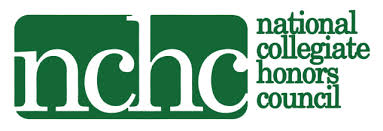Emily Dickinson
Seminar - UHON 301
Instructor(s): Renée Faubion
Course Description
While a recent Apple TV+ series on Emily Dickinson is largely fictional, it gets many things right. Dickinson was rebellious, quite socially active in her youth, and had an exceptional mind. She was precise, caustic, and original. She also, many would argue, did more to change American poetry than anyone, even her greatest contemporary, Walt Whitman. In this course, we will read Dickinson’s poetry to explore what it says about consciousness, the body, sensory experience, philosophy, nature, love, death, religion, and science. While I have selected several poems for our work this semester, students will also contribute to each week’s reading list. We will aim for depth, rather than breadth, and consider the poems not only in relation to ideas and experiences, but also in the context of various artifacts, such as Dickinson’s famous herbarium (her album of dried plants), her fascicles (her personally curated collections of her poems), and her recipes. Our goal is to follow Dickinson’s rich poems in a variety of directions to get a better sense of their contexts and their subtexts.
Texts
- W. Franklin, The Poems of Emily Dickinson. Cambridge, MA: Belknap Press, 1999.
Requirements
Two short essays; a research project resulting in a “mini-anthology” and introduction; facilitation of discussion of specific poems; good attendance and participation in class discussion
About the Instructor(s): Renée Faubion
Renée Faubion earned an M.A. in Slavic literature from the University of Kansas and a Ph.D. in American and British literature from UNM. She has received four awards for excellence in teaching. Her primary interest is in gender studies, including how gender performance and expectations shape responses to cultural phenomena such as serial murder and gothic literature.



Social Media
For news, information, prizes and more fun stuff follow us on our social media!
Honors College Resources